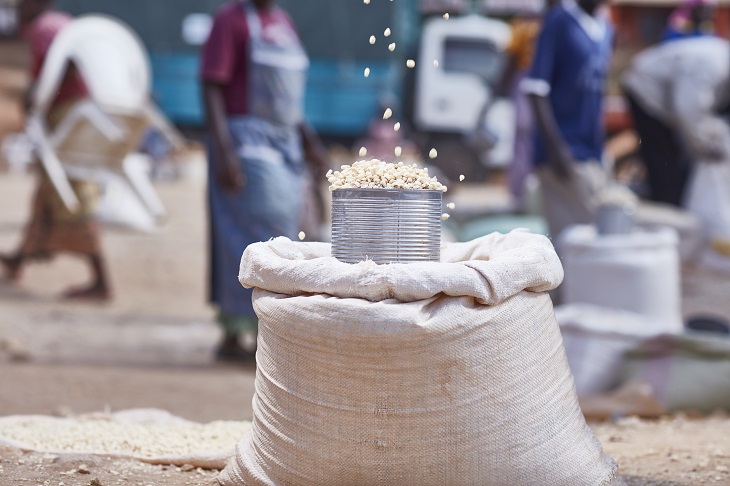During the planting season in Kenya this year, the rains generally failed. Experts have estimated that food crop harvests around the country will experience the largest drop in history. Sadly, this cuts across the whole country.
At the same time, farmers in regions perceived to be dominant “food baskets” for Kenya, seem to have abandoned maize farming due to constant frustrations of low prices, inadequate quality fertilizers, and delay in payments from the NCPB.
As we anticipate an acute food shortage across the country, there are various simplified explanations, misconceptions, and myths about the food security problem in Kenya. If left unchecked, these narratives will continue costing us as a nation.
Unfortunately, stakeholders continuously use and share misconceptions and eventually influence the thinking around food and derail the achievement of food and nutrition security through misdirecting action and misinformed decisions.
Are there parts of the country that are food secure/food baskets? The truth is food insecurity is mainly felt at the individual and the household level. The assumptions that there are food secure areas based on overall production in the different regions can be misleading.
Is it true that Kenyan farmers need cheap fertilizer to lower food prices? While fertilizer may appear to be an important input in most cereal foods, it is not a necessity. Alternate methods to soil fertility management exist and offer more benefits to farm health and the nutritional value of agricultural products than chemical fertilizers.
Farmers should be encouraged to explore other options to reduce exposure to ever-changing global market scenarios regarding imported farm inputs. Therefore, the assumption that farmers will lower prices if the fertilizer was cheap is far-fetched.
Is it true that Genetically Modified Organisms (GMOs) are the solution to our food security problem? Let us face it. GMOs are not going to solve the food security problem in Kenya. GMO seeds are expensive and not economically viable without subsidies.
There are also a lot of safety and environmental sustainability issues associated with the use of GMO seeds. Kenya is better off without GMOs. All we need is to have better farming mechanisms put in place to up the sector.
Food security is not a problem of increasing the supply of food. It is a problem of demand and affordability. It does not matter if there is food available to buy or not if that food is too expensive. This is what the whole country is facing right now.
The notion of ‘adequate’ is entirely inadequate. Food security is understood in terms of staple food crops, for example, maize. The focus should be on proper nutrition and the right to choose widely from dairy meat, fruits, and vegetables as well as staples.
Food security is often equated with the availability or distribution of emergency food aid. The right to food is not the right to be fed. It is the right to feed oneself with dignity. Relief food takes out the dignity of people. Something many people do not understand.
Sensationalist media reporting during a crisis heavily influences our understanding of food security. Chronic food insecurity is not famine, starvation, or extreme hunger. It means a person, on a regular basis, cannot access sufficient and nutritious food in order to live a meaningful and productive life.

